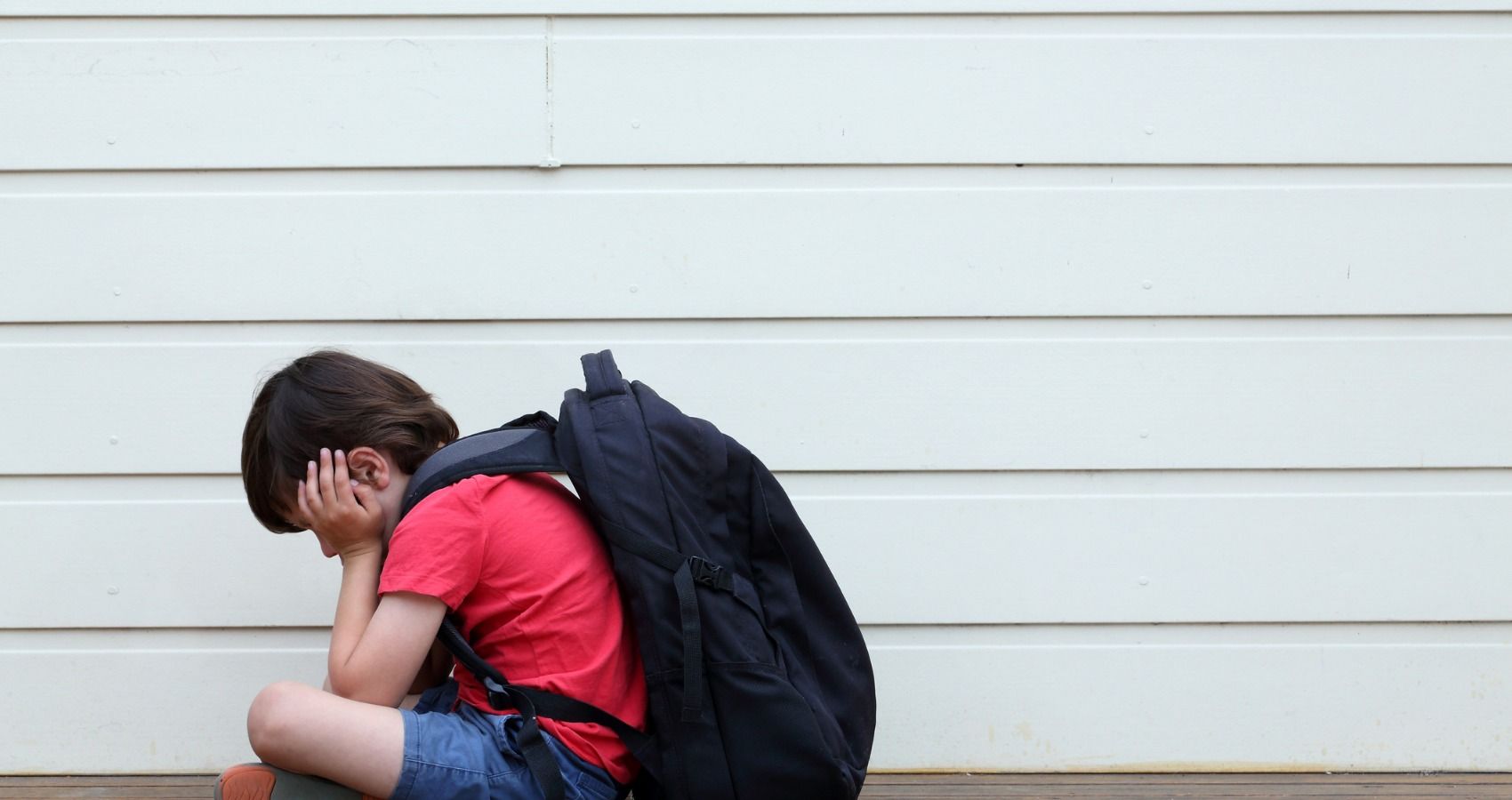Children must attend school according to the law, but can parents actually be jailed for their kids' truancy? What constitutes truancy anyway, and who is ultimately responsible for a child or teen who chronically misses class?
There is actually a legal breakdown that defines exactly what counts as truancy. Although it varies state to state, generally kids who miss about a week straight, or a total of about two weeks, are considered truant. Note that we're talking about unexcused absences here, where there is no legitimate reason why the child hasn't come to school. Illness, family emergencies, religious holidays, and preplanned time off for educational purposes all count as justifiable absences. As for who is responsible for making sure children attend school, that falls on the parent. But can you be thrown in jail if you don't?
RELATED: Working Mom Complains About Kids' School Projects Really Being 'Homework For Moms'
Before the parents face the consequences of their children's truancy, the school must follow a set of procedures. In most states, the school needs to report truancy to the district superintendent. Next, a team of school officials will meet with the child and family to make a plan. If this fails, and the student continues to miss class, the superintendent serves the family with a written notice.
If the problem persists after the written notice, the school can contact the local law enforcement and bring the parents to court. In court, parents are charged with a civil violation, but not a crime. You cannot be jailed for a civil violation, but there are repercussions. Parents can be fined up to $250 and the judge can order things such as parent training classes, counseling, community service, or other actions deemed relevant to the case.
Ultimately, you cannot go to jail for a child missing school. A civil violation, however, does go on your record. Additionally, even if you're not thrown in jail, the consequences may still be difficult to bear. That being said, a judge should always act in the best interest of the child. The purpose of the final orders is not to punish the parent, but rather to support a family best so that a child gets the education needed for a successful future.
PREVIOUSLY: Everything To Know About Homeschooling

